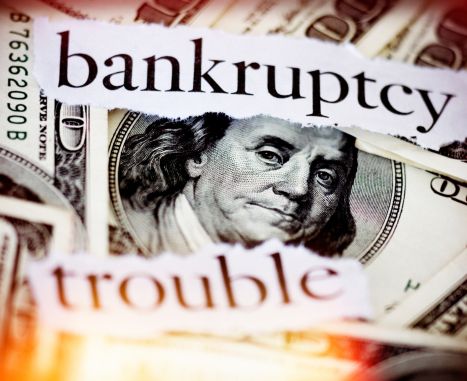Straightforward, Diligent Representation You Can Count On
Call Today For A Free Consultation
Issues surrounding bankruptcy fraud

While people struggling financially might not wish to file for bankruptcy, the proceedings could provide a viable pathway out of a challenging fiscal situation. Bankruptcy proceedings occur in federal court, so any North Carolina resident who attempts to deceive the judge could face severe legal consequences. Even honest mistakes might lead to claims of bankruptcy fraud.
Fraud and bankruptcy proceedings
When filing for bankruptcy, the debtor might not realize that the process also intends to help the creditors. Fairness under the law extends to all involved parties, including those with claims on obligations. So the debtor must declare all assets when seeking protections under Chapter 7 or Chapter 13. Specific assets become liquidated to pay some debts.
When the debtor does not declare all assets, creditors might not receive what is due. If a debtor attempts to hide assets, the person may face felony bankruptcy fraud charges.
Giving away assets before filing for bankruptcy and intending to get the property back later, would be another example of fraud. Although someone might not realize such actions are illegal, the person could face charges nonetheless.
Other deceptive practices could involve running up credit under a business’ name or filing for bankruptcy in several states. These actions could lead to legal woes.
Bankruptcy fraud charges
As with other white-collar crimes, persons charged with bankruptcy may defend against the accusations in court. Intent often factors into charges related to fraud. Someone who made negligent mistakes might not be guilty of fraud as there was no intent to deceive the court.
Persons facing likely convictions for fraud charges could explore plea bargain options. Requests for leniency at sentencing may also be possible.



